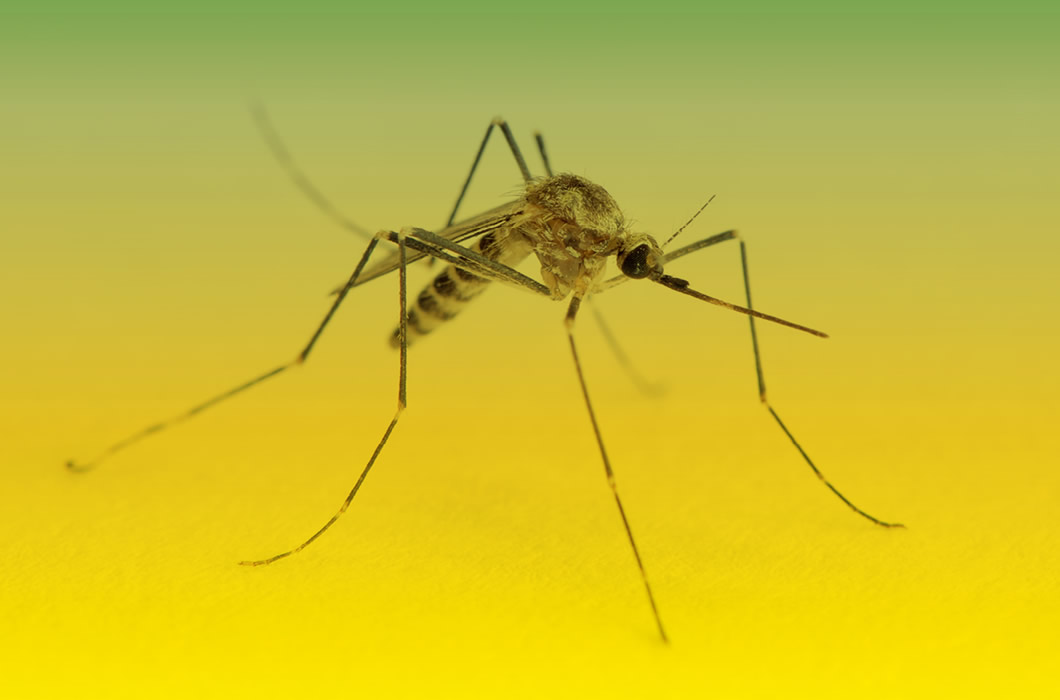Research
Ground Zika
Intern lends computational skills to public health efforts
Meeting biologists and epidemiologists who are trying to solve the Zika virus epidemic in Puerto Rico inspired Moira Dillon ’18, a recent intern at the Centers for Disease Control and Prevention and the Puerto Rico Department of Public Health.
“I was very grateful for the opportunity to learn what a response to something like this looks like—it takes many scientists but also so many other people working to engage with the community,” says Dillon, a mathematical and computational biology major and recipient of the Ben Huppe ’14 Memorial Internship for a Sustainable World.

The on-the-ground realities of a career in public health were on full display during the six weeks she spent in Puerto Rico during summer 2016,, assisting a team in modeling the Zika virus and potential rates of microcephaly. “I came down with computational skills in hand to help with anything that came up,” she says.
She supported a team working to determine the percentage of pregnant women in Puerto Rico who were being tested for Zika each week. The symptoms of Zika are usually mild—a fever, a rash, a feeling of fatigue—and only about 20–25 percent of people infected with Zika show symptoms at all.
I was very grateful for the opportunity to learn what a response to something like this looks like—it takes many scientists but also so many other people working to engage with the community. ”
— MOIRA DILLON ’18

“So what that means is that for most people who get Zika, they’re fine, there aren’t severe health consequences. But the problem is that Zika does affect different populations in very severe ways—Zika can be passed from a mother to a fetus, and when that happens the baby can be born with microcephaly,” says Dillon. “Something the CDC in Puerto Rico is working very hard on right now is making sure they’re testing every woman who’s pregnant. One of the things I worked on this summer was developing a model to see how well they’re doing that. While they know how many women they are testing each week, they don’t know how many women they should be testing each week, so the goal is to come up with a way to figure out those numbers.”
After her experience in Puerto Rico, Dillon is considering perusing a master’s in public health or epidemiology, or a PhD in immunology. “It was inspiring yet also very challenging to be a part of the response to this virus and to witness firsthand the impact it is having around the world.”